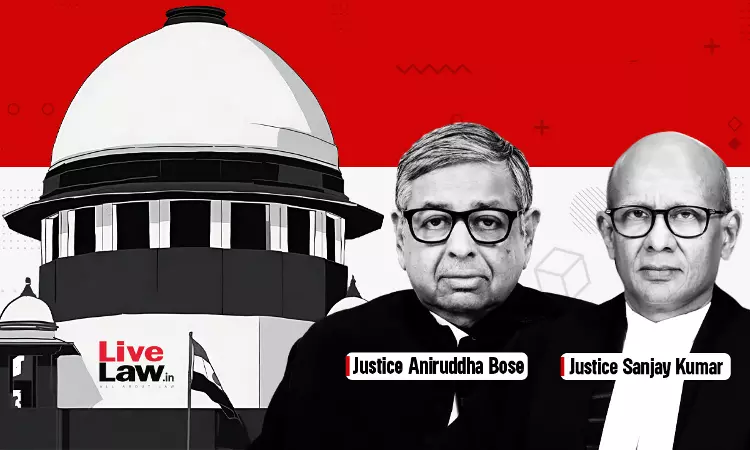Recently, the Supreme Court observed that after the performance of individual candidates is assessed, then it would be impermissible for the High Court to alter the selection criteria for the appointment of District Judiciary Judges.The Bench Comprising Justices Aniruddha Bose and Sanjay Kumar directed the High Court of Jharkhand to consider the appointment of seven persons qualified to...

